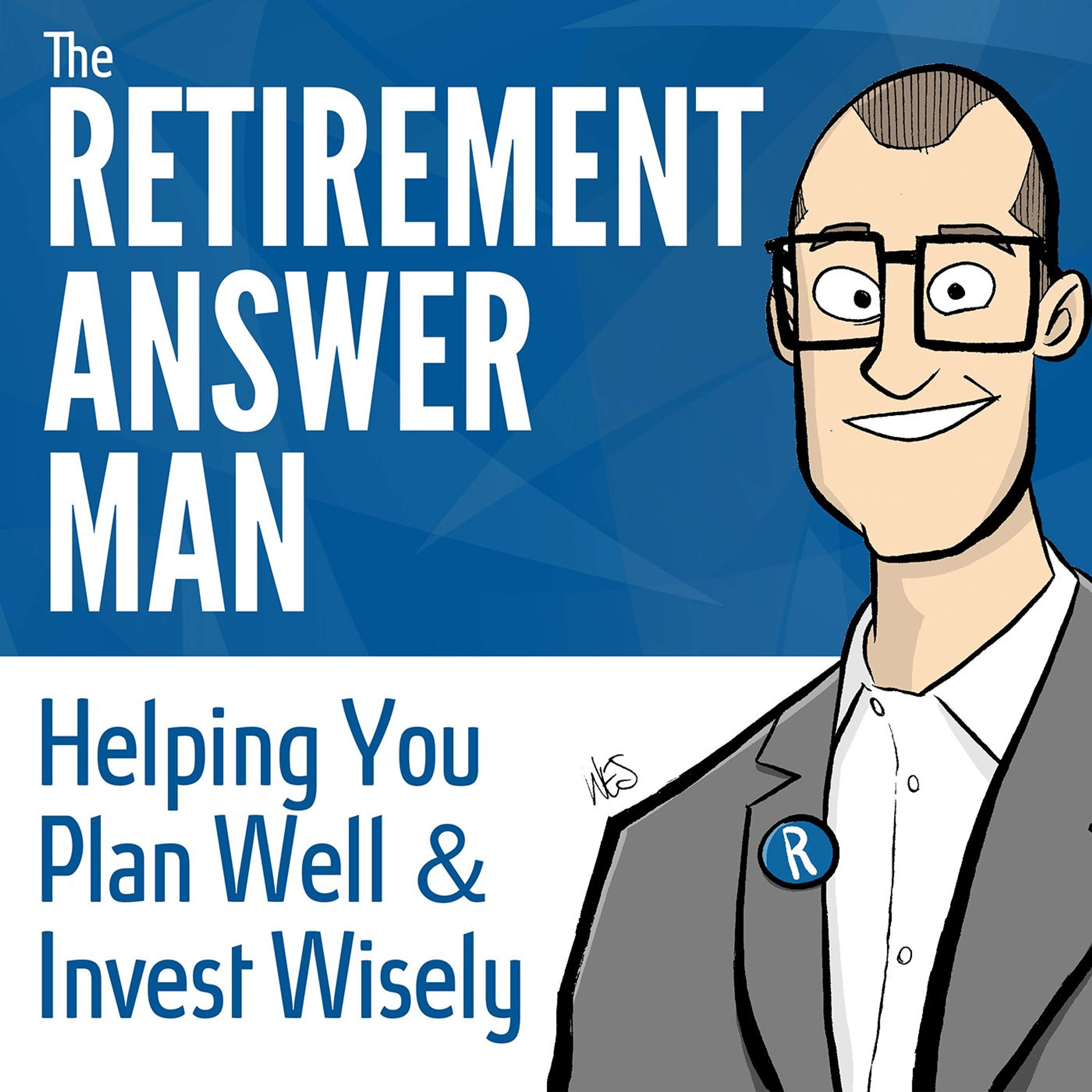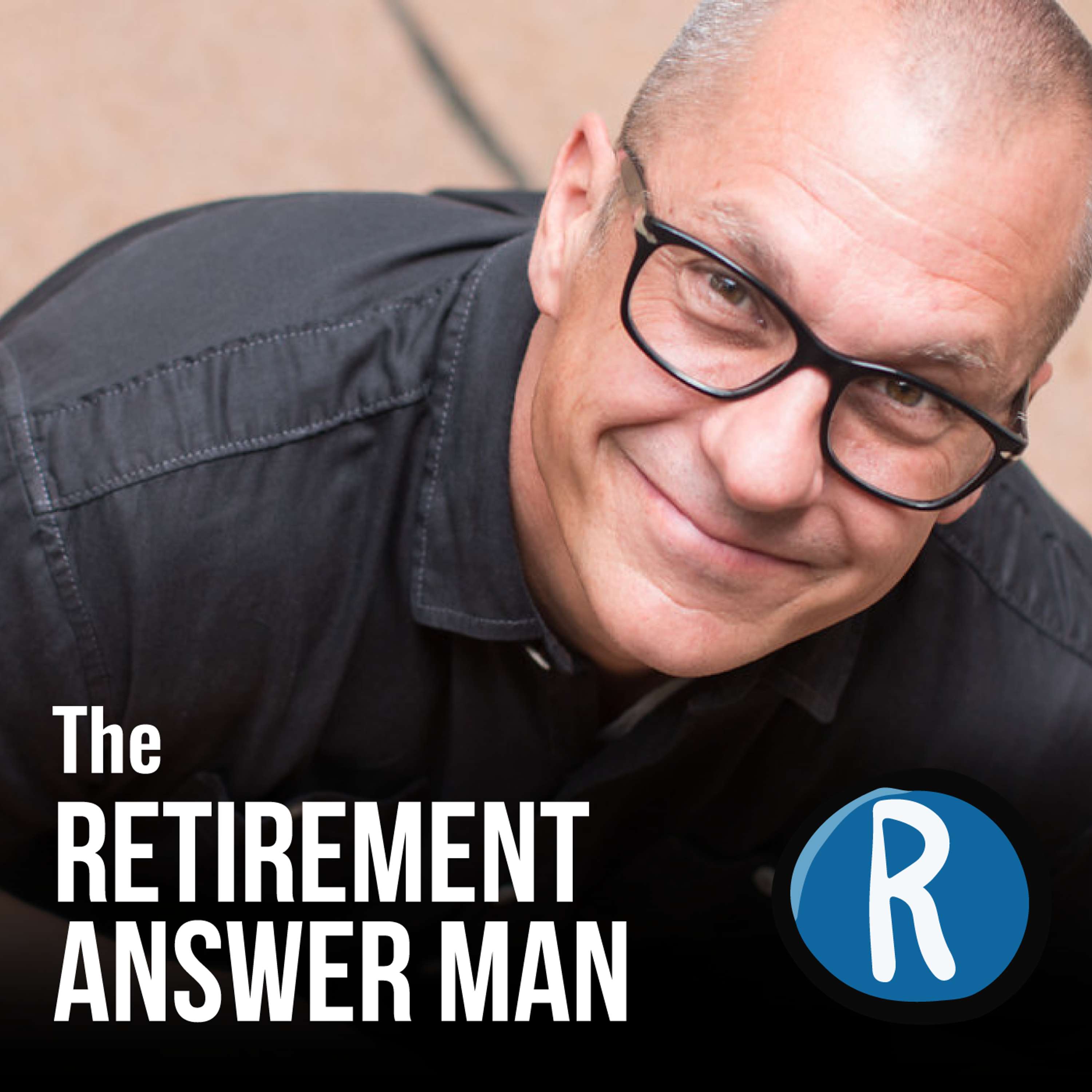
#174 - Does the Institutional Approach to Asset Allocation For Retirement Work These Days?

Retirement Answer Man
Shownotes Transcript
Part of my job as the Retirement Answer Man is to help you face the current issues that impact your retirement planning decisions. Part of that is the non-glamorous task of assessing the traditional approaches to retirement planning to see if they still work. So on this episode, I’m going to take a fairly deep dive into the institutional approach to asset allocation that has been the basis for retirement planning for many years - and I think once you understand the premise behind it, you’ll see that it’s a bit antiquated for modern retirement planning purposes. But never fear, I’m also going to point you in the right direction regarding how you can make up for the deficit! An institutional approach for retirement asset allocation doesn’t work because YOU are not an institution.
I say that with my tongue planted firmly in my cheek, but I also really mean it. Institutions do a very good job of allocating their assets for THEIR particular goals, but YOUR goals for retirement are vastly different than theirs, don’t you think? So following their pattern may be helpful (and it is, in some ways) but it’s not enough. You need to know the potential pitfalls of following an institutional lead and how to avoid them. That’s why I’m here. :) This episode of The Retirement Answer Man will point you in the right direction and then next week, we’ll follow up with some more practical tips to get your retirement planning mindset up to date! A Nobel Laureate says we have a problem with decumulation when it comes to retirement. What?
I think he made up the word but, Nobel Laureate William F. Sharpe of Stanford University has determined that things in our modern society have changed so much that we need to reassess how we approach retirement planning. A big part of the problem (he says) is that we have a phenomenon happening called “decumulation.” It’s what happens when we hit retirement with resources that are inadequate to match our expected lifespan. As you can see, you’ll eventually run out of assets in that scenario. What’s he doing about it? He’s begun a study, naturally. On this episode of The Retirement Answer Man, I’m going to walk you through his premise and tell you how I approach the same problem, so be sure to listen. Institutions are not emotional. You are. How does that impact your retirement planning?
As I’ve said before, we’ve long followed an institutional approach to asset allocation when it comes to retirement planning simply because the rationale was that the managers of financial institutions manage assets for a living, so they must know what they are doing. Generally speaking, that’s true - but the real issue is that institutions have different investment goals than individuals do, and they approach those goals non-emotionally - which individuals do NOT do. That alone makes a huge difference in how you are going to make decisions and could set you up for some serious disappointments. On this episode, I address those difference and give you some tips for how to offset them. What IS your desired outcome for retirement… hmmmmmm?
As Zig Ziglar famously quipped, “If you aim at nothing, you’ll hit it every time.” It’s so obvious you probably laugh when you hear it said so bluntly. I do too. And I think part of why I laugh is because I see how applicable it is to retirement planning. If you don’t know what you really WANT for your retirement, how will you be able to plan in a way that enables you to accomplish it? You probably won’t even get close - which would be tragic. So, on this episode’s, “Smart Sprint” segment I have a challenge for you. Are you up for it? Listen to find out. OUTLINE OF THIS EPISODE OF THE RETIREMENT ANSWER MAN
- [0:40] Personal accountability, potato chips on the couch, and other vices we want to change.
HOT TOPIC SEGMENT
- [3:16] News that “decumulation” is a problem that smart minds are trying to address.
- [4:44] Longevity’s role in decumulation - and don’t forget about inflation and the timing of retirement income and spending patterns.
- [6:25] My take on how to handle this decumulation issue.
PRACTICAL PLANNING SEGMENT
- [7:05] Is asset allocation alone enough to deal with decumulation?
- [8:43] The differences between your private situation and how institutions handle investments.
- [12:24] Does the institutional approach to asset allocation fit today?
- [16:25] Looking at historic averages for rolling returns.
- [19:25] When the magical power of dollar cost averaging starts to work in reverse. Uggg.
TODAY’S SMART SPRINT SEGMENT
- [24:46] Start asking yourself, “What is my desired outcome for retirement?”
THE HAPPY LAB SEGMENT
- [25:45] My experience doing a “breakout” session at the mall. It was a blast!
RESOURCES MENTIONED IN THIS EPISODE Contact Roger: http://www.rogerwhitney.com/retirementanswers/)Roger’s retirement learning center: www.RogerWhitney.com/learn)The Retirement Answer Man Facebook page: www.Facebook.com/RetirementAnswerMan)The Retirement Income Scenario Matrix Project) - through Stanford University